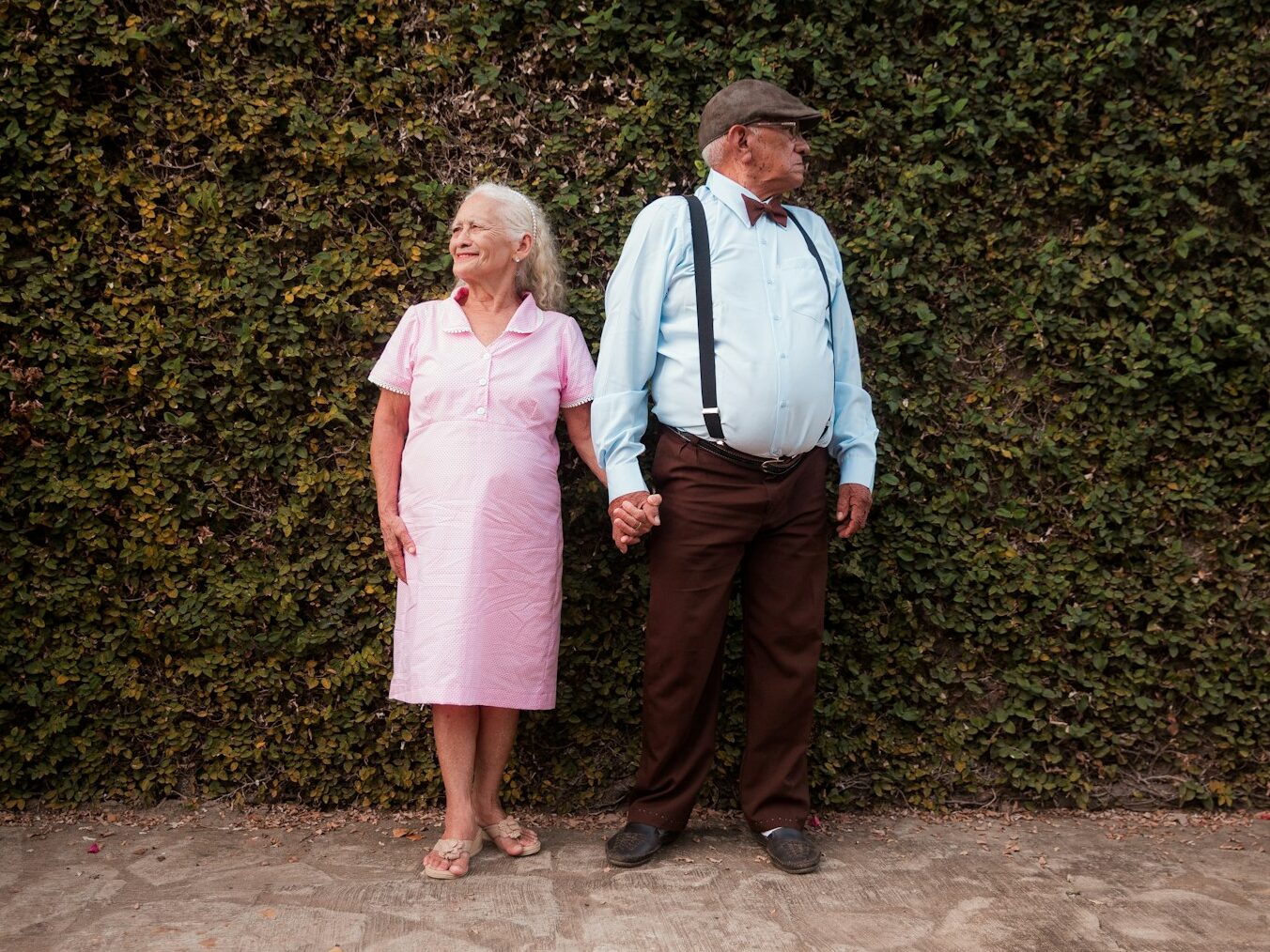
Dating in your 40s, 50s, or beyond is rarely about sparks or small talk. It’s about feeling understood, respected, and emotionally at ease. Most older men aren’t interested in guessing games or superficial thrills. They know what they’re looking for—and more importantly, what they’re not. While every person has their own preferences, these are the recurring red flags that can quietly shut things down before a second date is even on the table.
Constant phone-checking.

It’s hard to connect when someone keeps glancing at their phone every few minutes. Whether it’s replying to texts, checking social media, or just fidgeting with the screen, it creates distance. Older men want to feel like they’re spending time with someone who’s fully present. When the phone is the third guest at the table, it signals disinterest—even if that’s not the intent. A few absent-minded scrolls can make the whole evening feel transactional.
Talking over them.

A good date is about balance. When someone interrupts, cuts off thoughts, or dominates the flow of conversation, it shifts from connection to competition. Older men usually appreciate slower, thoughtful dialogue where both people can take their time. Constantly being talked over isn’t just frustrating—it’s exhausting. It can make them feel like their voice doesn’t matter, which is an easy reason to not want a second round.
Overly negative attitude.

Life isn’t perfect, and older men know that better than most. But when a date turns into a steady stream of complaints—about an ex, coworkers, or how “no one’s genuine anymore”—it can suck the energy out of the room. Even if some points are valid, it sets a heavy tone. Most older men are drawn to peace, not pessimism. A date should feel like a welcome break from the weight of the world, not another burden.
Trying too hard to impress.

It’s great to be proud of your accomplishments but when the whole evening feels like a résumé or a highlight reel, it becomes a performance. Bragging about high-end purchases, exclusive trips, or famous connections can come off as insecurity wrapped in polish. Most older men are looking for someone real. If they sense that you’re leading with image instead of character, it creates a wall instead of building a bridge.
Being rude to staff.
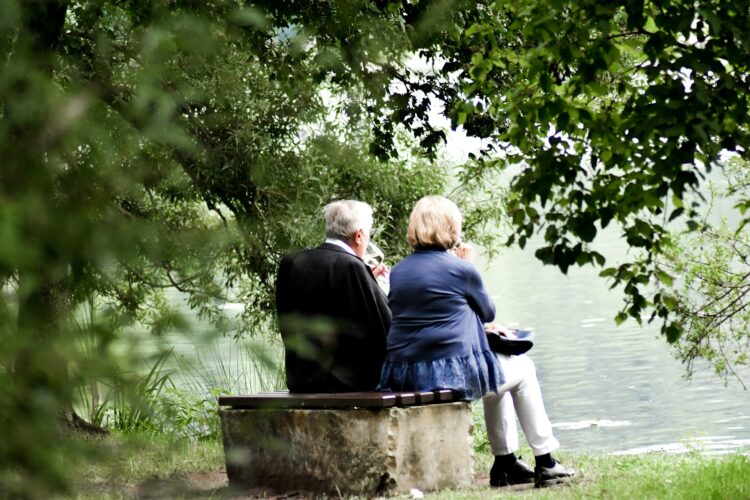
This one’s a universal dealbreaker. If someone’s short with the server, talks down to the hostess, or acts irritated at minor delays, it sends a message. Older men pay close attention to how others treat people they don’t “need” to impress. Courtesy isn’t just manners—it’s a reflection of core values. If kindness only shows up when it’s convenient, it raises questions about how the person would treat them over time.
Talking too much about past relationships.
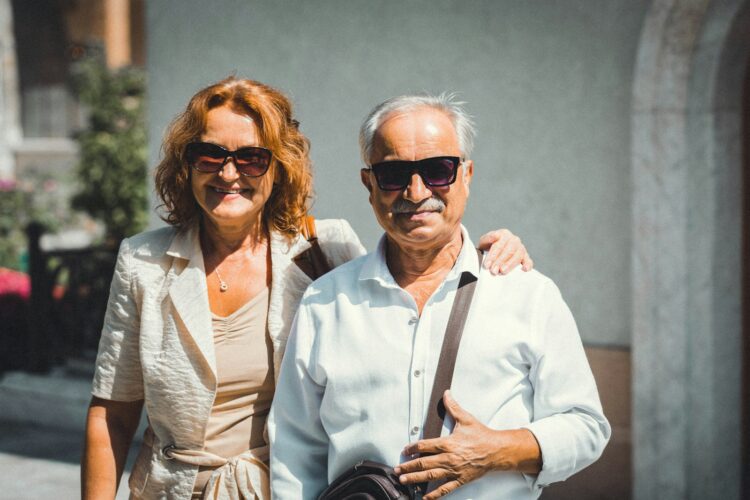
It’s normal to have a history, but dumping every detail of a failed marriage, a cheating partner, or bitter custody battle on the first date can feel overwhelming. Older men aren’t looking to be your therapist or sounding board for unresolved pain. They’re more interested in who you are now and where you’re going. If too much of the conversation lives in the past, it’s hard to imagine a future.
Showing zero curiosity.
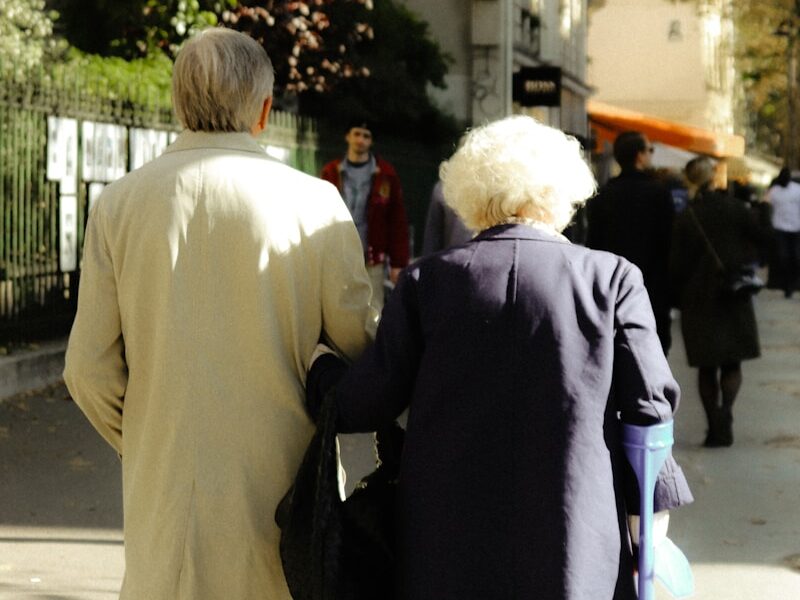
Everyone wants to feel interesting. If the conversation stays stuck on one person—with no follow-up questions, no interest, no back-and-forth—it starts to feel like a monologue. Older men don’t expect an interview, but they do want mutual curiosity. They want to know you care enough to ask, listen, and remember. A date where only one person is engaged leaves the other feeling like a placeholder.
Being flaky or running very late.
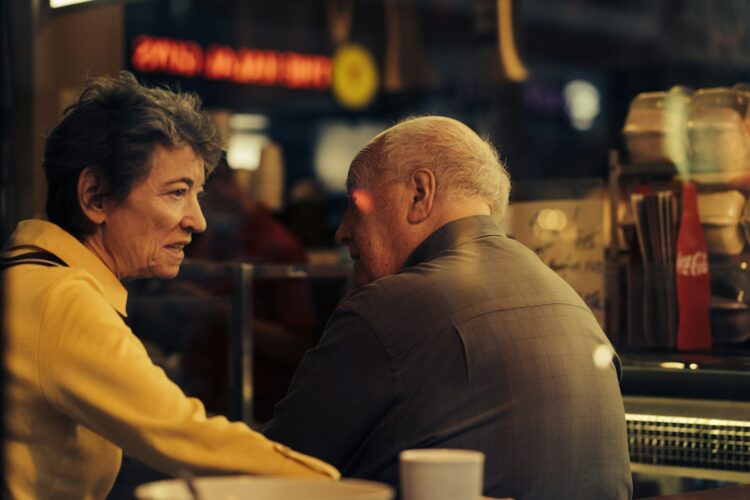
Things happen. But showing up late without a heads-up—or worse, without an apology—suggests a lack of consideration. Canceling last minute with vague reasons doesn’t help either. Older men tend to take time seriously, especially if they’ve carved out space in a busy week. They’re not looking for perfection, but basic courtesy matters. If it feels like an afterthought to you, they’ll likely return the favor.
Playing games.

Older men have zero patience for emotional chess. Delayed texts, cryptic replies or feigned indifference might work on someone less experienced, but it usually backfires here. They’ve dated enough to spot manipulation or indecision. If the signals are mixed, they won’t chase clarity—they’ll step back. They’re drawn to authenticity, not mystery. When dating starts to feel like decoding, they’ll choose peace and walk away.
Drinking too much.

A glass of wine or a cocktail is one thing. But losing track after the third drink, slurring words, or laughing too loudly at everything quickly becomes a red flag. Older men often associate excess with instability. They’re not judging a drink—they’re observing your self-awareness. If the vibe shifts from composed to chaotic, it quietly signals that the person may not be ready for something grounded.
Oversharing personal drama.

Everyone has baggage. But opening up about toxic family members, job trauma, or mental breakdowns in graphic detail on the first date can be a lot. Vulnerability is attractive when it unfolds naturally—not when it’s laid bare like a warning label. Older men are usually looking to build connection step-by-step. If someone fast-forwards to their most painful chapters too soon, it can feel more alarming than intimate.
Trying to control the evening.

Confidence is attractive. But when someone insists on picking the restaurant, orders for both, or shuts down any suggestions, it crosses into territory that feels rigid. Older men often want collaboration—a sense that their voice matters. If someone takes charge of everything without room for discussion, it raises concerns about what else they might try to control down the line. They want a partner, not a project manager.
Making everything a debate.
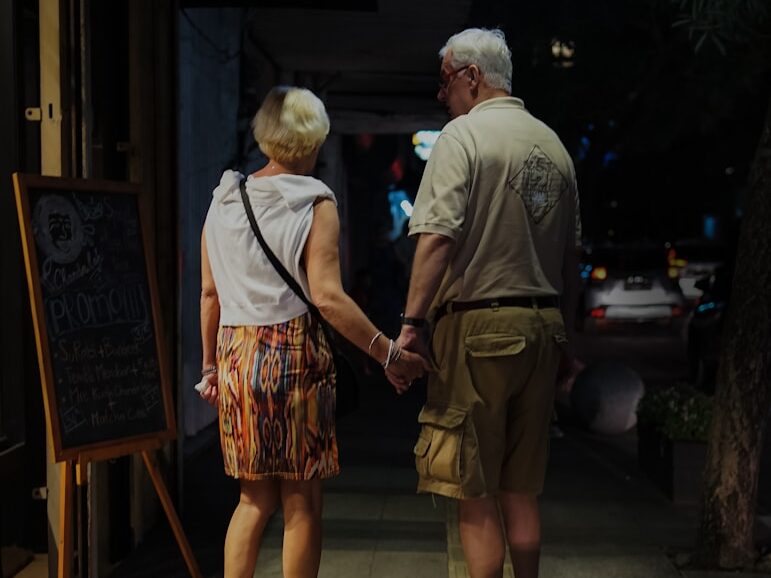
Disagreeing is fine. But turning every conversation into a correction, argument, or “let me explain why you’re wrong” moment is exhausting. Older men aren’t looking for someone who challenges them on every opinion—they’re looking for shared ease. If they leave the date feeling like they had to defend every sentence, it won’t leave them eager to come back for more.
Lack of gratitude or kindness.
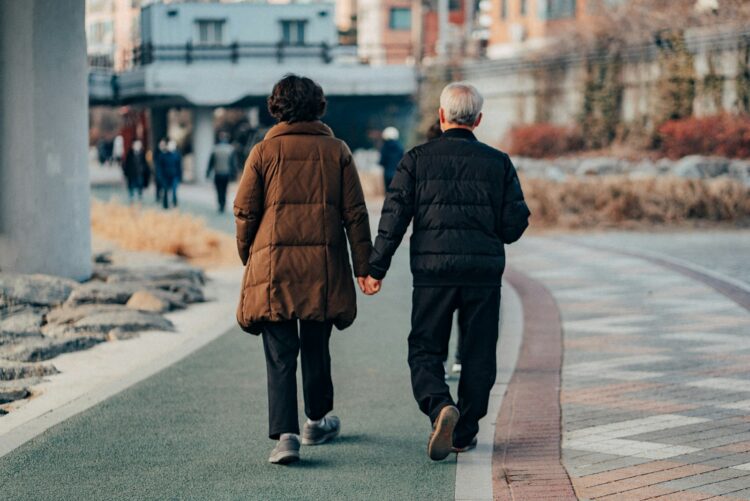
Gratitude isn’t about grand gestures—it’s about small acknowledgments. A thank you for the meal, for the time, or even for the conversation. When someone skips that or acts like it was expected, it leaves a mark. Older men often pay attention to these things more than they let on. It’s not about the cost—it’s about respect. A simple display of appreciation can be the difference between warmth and a cold goodbye.
Appearing disinterested or distracted.
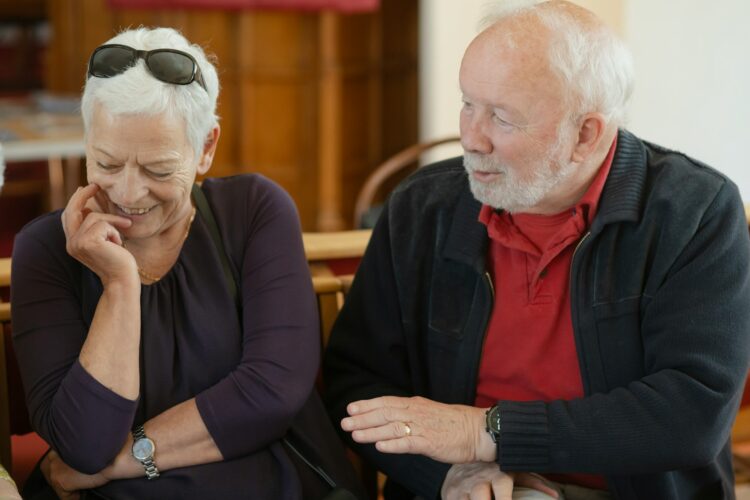
Sometimes it’s obvious. One-word answers. Eyes darting around the room. Constantly checking reflections in windows or zoning out. It may not be intentional, but it’s noticeable. Older men aren’t chasing validation. If someone seems physically present but mentally elsewhere, they won’t call it out—they’ll just take it as a sign to move on. They’d rather invest in someone who’s excited to be there, not just killing time.

